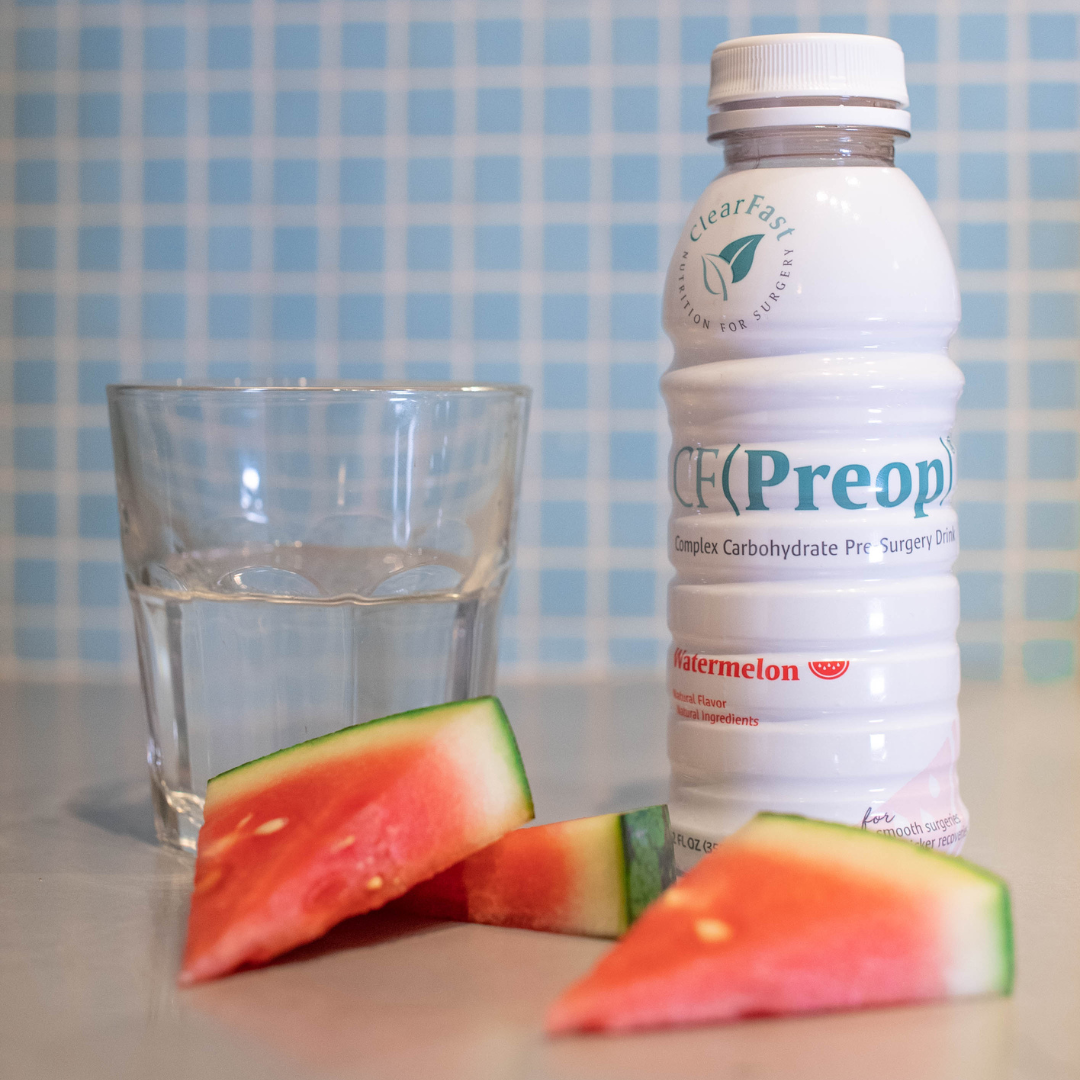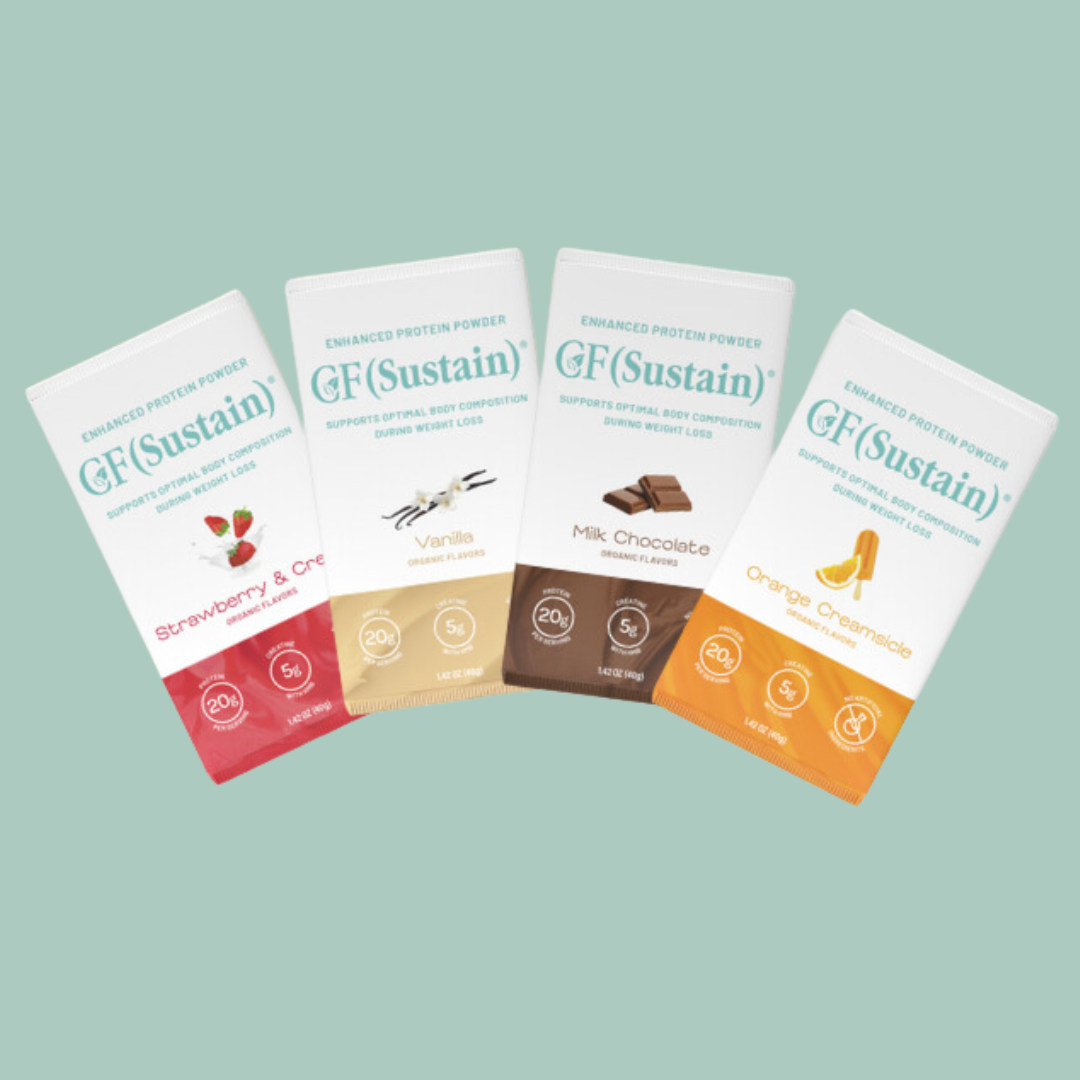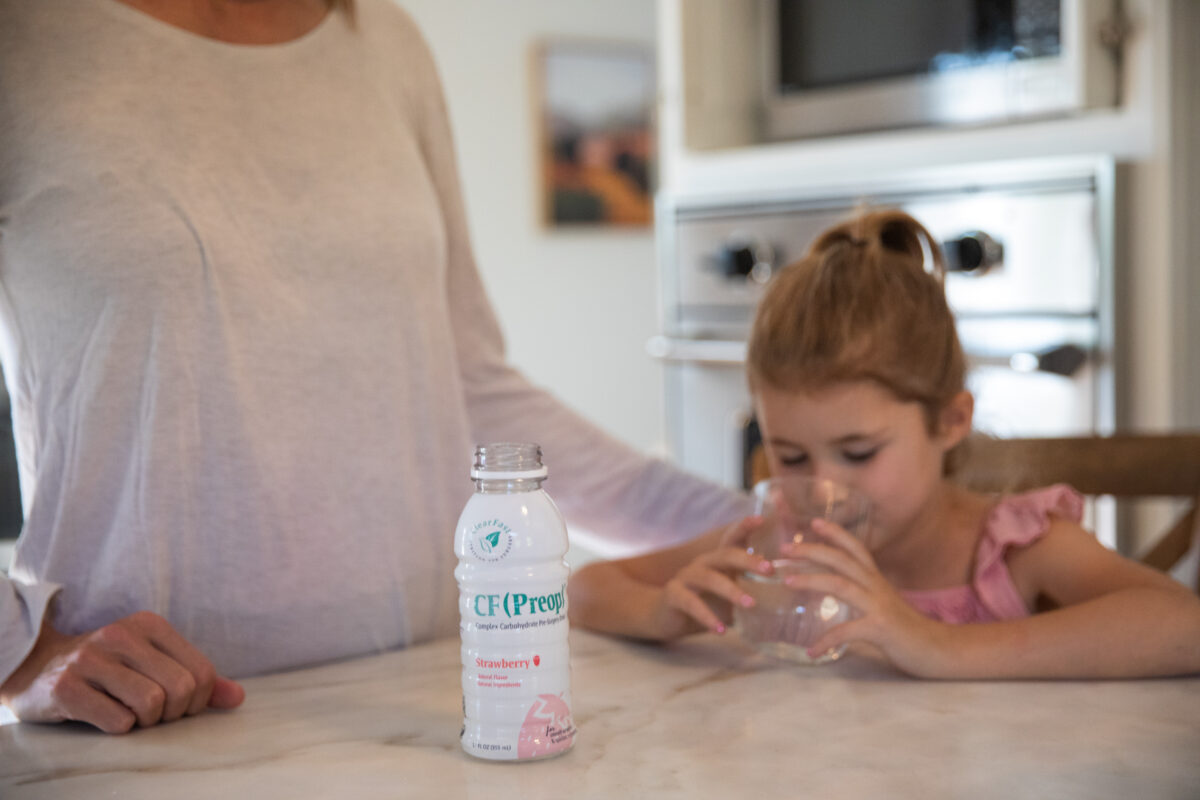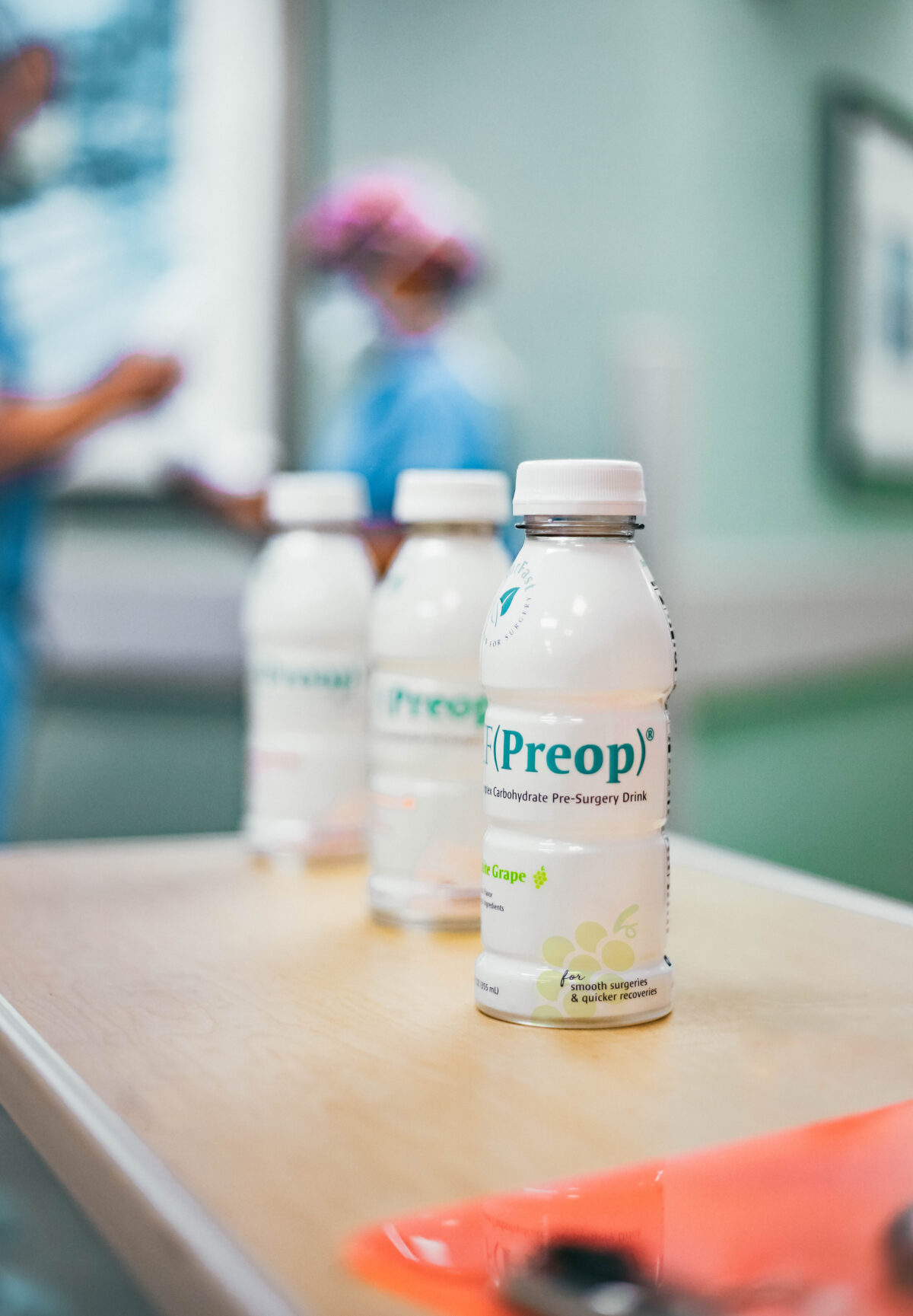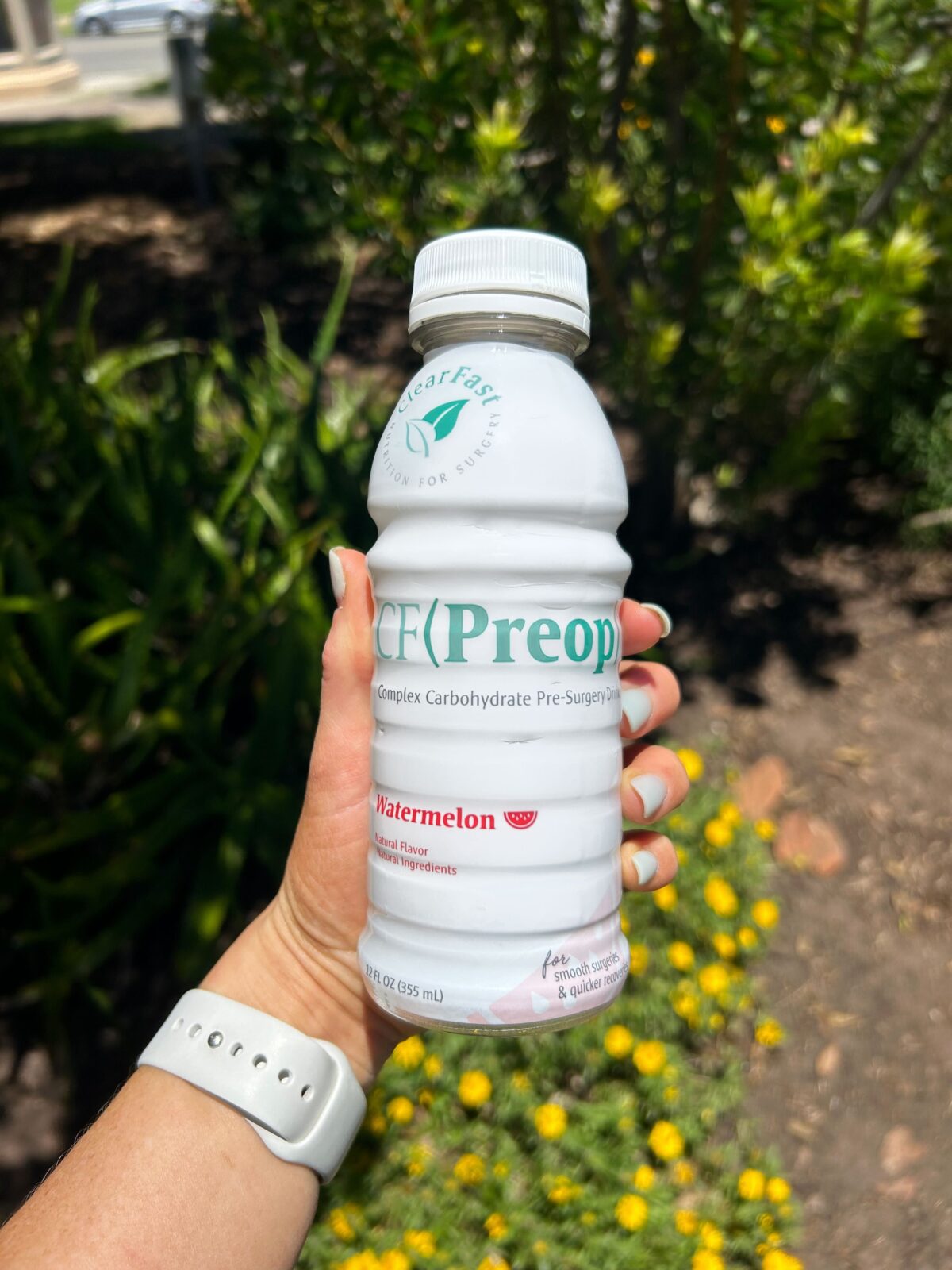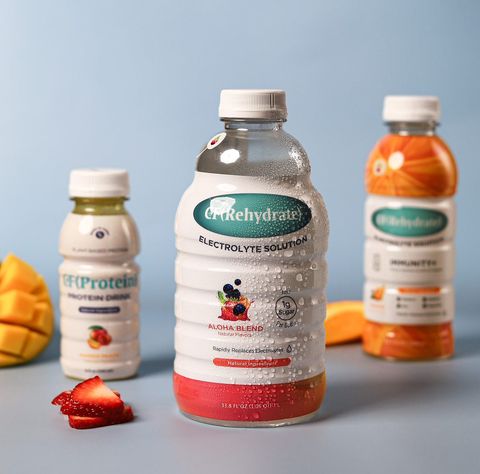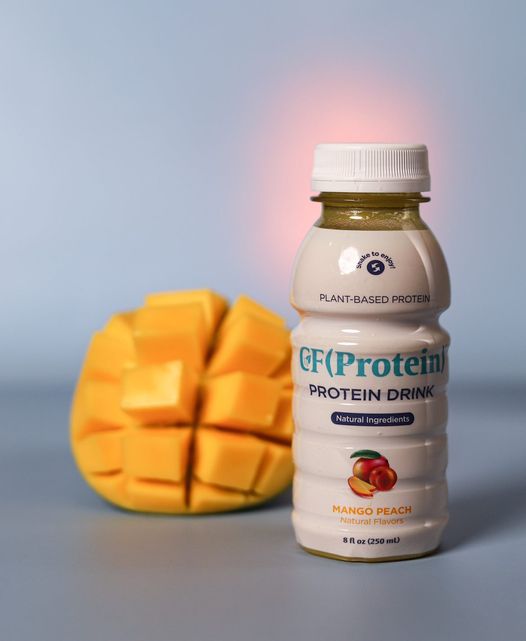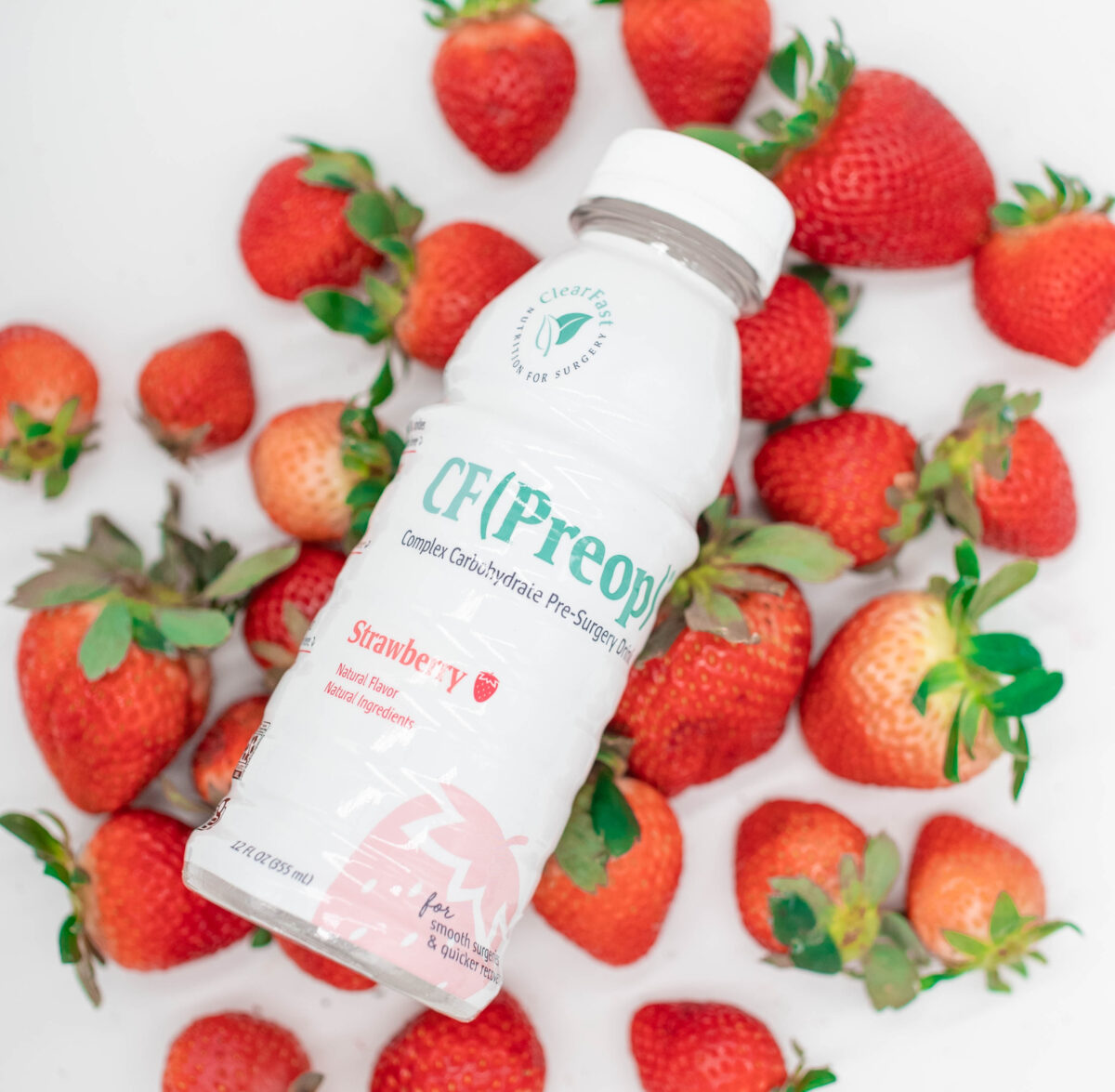ERAS® protocols have gained traction in the realm of orthopedic surgery, particularly showcasing benefits in elective hip and knee arthroplasty. The integration of ERAS® protocols across the preoperative, intraoperative, and postoperative phases of care has demonstrated a reduction in the length of hospital stay, readmission rates, and an enhancement in functional recovery. Notably, the implementation of ERAS® programs has the potential to ameliorate patient outcomes, curtail costs, and mitigate readmission rates following surgical procedures.
Why Should My Hospital Implement ERAS® Protocols?
The duration of hospital stay serves as a pivotal indicator of the financial strain on the healthcare system. Postoperative care expenses, encompassing physical and occupational therapy as well as nutritional support, significantly contribute to the overall costs. By embracing ERAS® protocols, healthcare facilities can foster improvements in both hospital and patient outcomes within the domain of orthopedic surgery.
What is the Benefit of Preoperative Carbohydrate Loading?
Preoperative administration of a carbohydrate load up to 2 hours before surgery has been identified as a strategy to induce a fed state in patients, thereby reducing postoperative protein loss and preserving muscle mass. Furthermore, postoperative insulin resistance (PIR) can precipitate hyperglycemia, elevating the susceptibility to surgical site infections. Orthopedic patients, given their heightened vulnerability due to compromised blood supply to injured or surgically manipulated bones and joints, are at an escalated risk of such infections.
What is the Problem With Fasting Before Surgery?
The conventional practice of fasting from midnight, lacking substantial evidence-based support, engenders a catabolic state that disrupts the normal interplay between insulin and glucose. This metabolic imbalance prompts the body to deplete its crucial glycogen reserves and subsequently resort to breaking down fat and muscle for energy. Consequently, patients develop insulin resistance, impeding the responsiveness of target cells to insulin.
How Does CF(Preop)® Help My Patients?
In contrast, the utilization of CF(Preop)®, a preoperative drink, has been shown to safeguard critical glycogen stores in orthopedic patients. Administering CF(Preop)® in the immediate preoperative window has the potential to stabilize blood sugar levels, ultimately diminishing the risk of hyperglycemia and its associated complications.
Does Research Support Preoperative Carbohydrate Loading?
Research findings have consistently underscored the advantages of ERAS® implementation in orthopedic surgery. Notably, the ERAS® group has exhibited a propensity for reducing the incidence of postoperative complications, 30-day mortality rates, and the Oswestry Disability Index (ODI) following orthopedic procedures. Moreover, studies have reported a substantial reduction in the length of hospital stay after total arthroplasty, with no significant upsurge in readmission rates for any reason.
In a retrospective analysis encompassing 6000 patients undergoing total knee arthroplasty (TKA) or total hip arthroplasty (THA), ERAS® was found to significantly diminish the occurrence of postoperative complications, including myocardial infarction, readmission rates, and 30-day mortality rates compared to traditional protocols. Similarly, a large-sample trial involving 5002 orthopedic surgery patients revealed that ERAS implementation correlated with reductions in hospital length of stay and postoperative complication rates.Furthermore, the administration of a preoperative oral carbohydrate solution, administered up to 2 hours before anesthesia induction, has been associated with a marked enhancement in the well-being and comfort of postoperative patients, as evidenced by research conducted by Chada et al.
In conclusion, preoperative carbohydrate loading is an evidence based practice that helps improve surgical outcomes. Reach out today to request samples for your practice!

